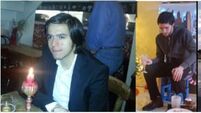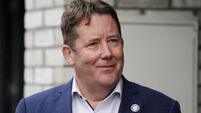20% of gay men test positive for STIs at clinic

The figures are based on almost 5,850 men who attended the HSE Gay Men’s Health Service last year.
Of the men who received a positive diagnosis, 261 were found to have gonorrhoea — a 43% increase over the previous year.













